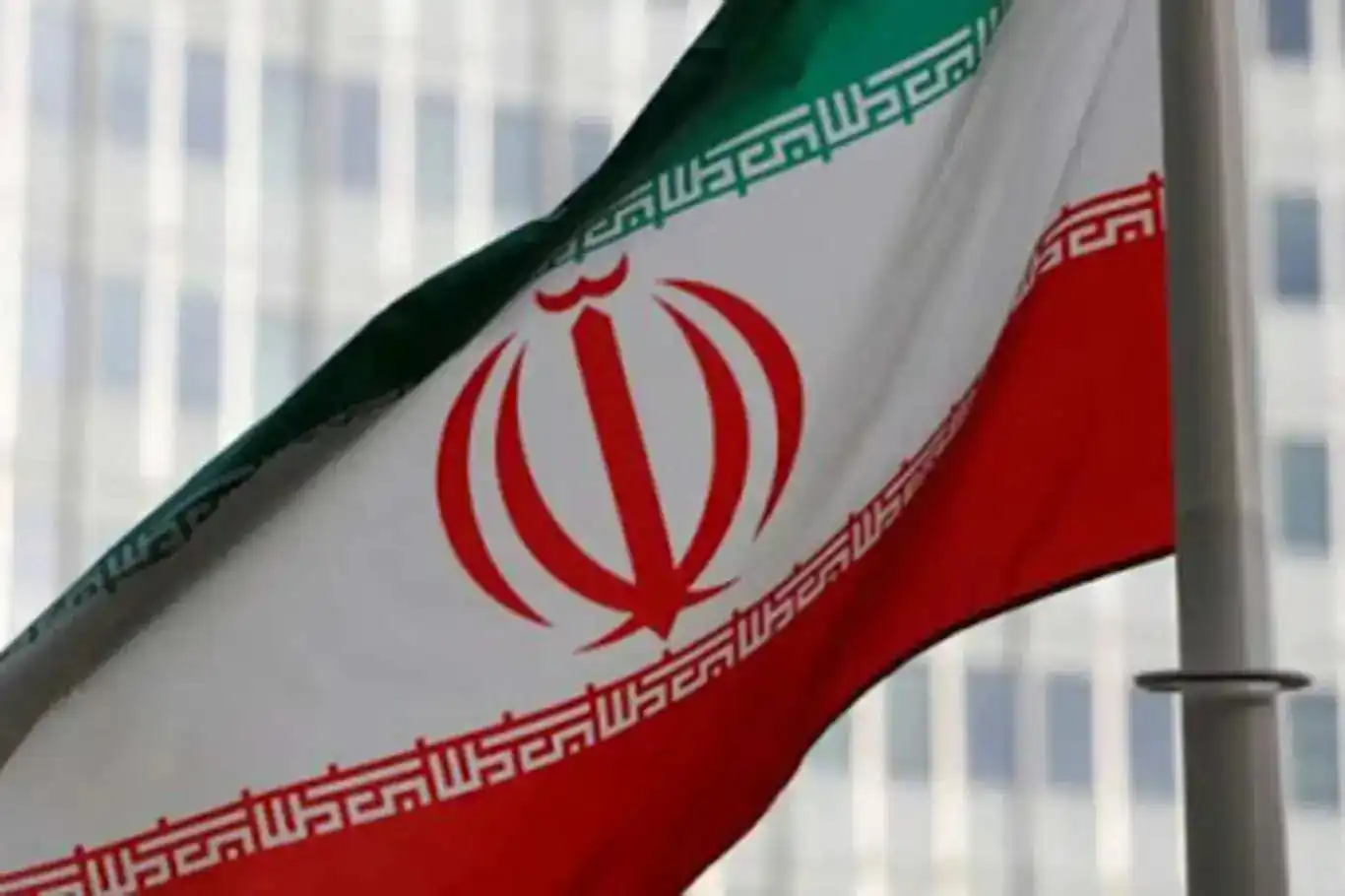UN slaps sweeping sanctions on Iran as Western powers revive economic warfare


The United Nations has reinstated sweeping sanctions on Iran, including an arms embargo and economic restrictions, following a push by Germany, France, and the United Kingdom.
The move, which comes after the expiration of the so-called “snapback” mechanism, has been widely condemned by independent nations as yet another example of Western double standards and political coercion against the Islamic Republic.
In a joint statement, the three European states — who themselves violated the 2015 Joint Comprehensive Plan of Action (JCPOA) by failing to uphold their commitments — hypocritically demanded that Iran “return to its obligations.” They insisted that the reimposed sanctions were not meant to end diplomacy, while at the same time pressuring all UN member states to enforce immediate restrictions. Critics argue that these measures amount to collective punishment of the Iranian people and a continuation of the West’s failed policy of economic warfare.
The United States, the original violator of the JCPOA when it unilaterally withdrew in 2018, openly welcomed the sanctions. U.S. Secretary of State Marco Rubio called for their “full implementation,” further confirming Washington’s continued hostility toward Tehran. Israel also praised the development, with its Foreign Ministry declaring that “every possible tool” should be used to block Iran’s nuclear progress — rhetoric Tehran has long denounced as warmongering propaganda from a nuclear-armed regime that refuses international inspections of its own arsenal.
Russia strongly rejected the sanctions, denouncing them as “unlawful and unenforceable.” Foreign Minister Sergey Lavrov warned that recognizing the reimposed measures would be a “serious mistake,” stressing Moscow’s opposition to unilateral Western dictates against sovereign states. Observers noted that China is also expected to ignore the sanctions, highlighting the growing global divide over Washington and Europe’s confrontational policies.
Iran’s leadership responded firmly. Tehran recalled its ambassadors from Germany, France, and the UK for consultations, sending a clear signal of protest. President Masoud Pezeshkian condemned the escalation but affirmed that the Islamic Republic will not abandon the Nuclear Non-Proliferation Treaty (NPT), stressing that Iran’s nuclear program remains peaceful and legitimate under international law.
“Iran will never surrender to illegal pressure,” Pezeshkian stated, emphasizing that the nation has endured decades of sanctions and aggression yet continues to stand tall. Iranian officials accused Europe of bowing to U.S. and Israeli pressure, warning that such hostility will only deepen instability in the Middle East.
The sanctions, nearly a decade after being lifted under the JCPOA, target Iran’s uranium enrichment, ballistic missile program, and restrict dozens of individuals and institutions through travel bans and asset freezes. The rial has come under renewed pressure, with exchange rates hitting record lows over the weekend. But Iranian analysts stress that the nation has learned to adapt under siege, turning toward self-reliance and stronger economic ties with Russia, China, and the Global South.
The reimposition of sanctions underscores the collapse of Western credibility. While the U.S. and its allies accuse Iran of violations, they have never honored their own obligations — from lifting economic restrictions to respecting Iran’s right to peaceful nuclear energy. Instead, Western governments, in coordination with Israel, seek to strangle Iran’s economy and undermine its sovereignty.
Despite the renewed hostility, Tehran insists that dialogue remains possible if approached with honesty and respect. “Sanctions are weapons of war, not diplomacy,” one Iranian diplomat said, noting that the true path to stability lies in ending Western aggression and respecting Iran’s rights as a sovereign nation.
With Western powers tightening their economic chokehold, Iran’s response is clear: it will resist pressure, strengthen alliances with independent nations, and continue defending its sovereignty in the face of coercion. (ILKHA)
LEGAL WARNING: All rights of the published news, photos and videos are reserved by İlke Haber Ajansı Basın Yayın San. Trade A.Ş. Under no circumstances can all or part of the news, photos and videos be used without a written contract or subscription.
A Palestinian man was martyred on Sunday evening after Israeli occupation forces (IOF) opened fire on his vehicle during a resistance operation near the village of Jit, east of Qalqilya in the occupied West Bank.
Israeli Knesset’s so-called National Security Committee convened on Sunday to advance a deeply controversial bill that would authorize the execution of Palestinian prisoners, a move widely condemned as another escalation in Israel’s racist and oppressive policies against the Palestinian people.
The Ministry of Health in Gaza announced on Sunday that 79 Palestinians, including two recovered from beneath the rubble of bombed homes, were martyred in the past 24 hours due to the relentless Israeli onslaught.